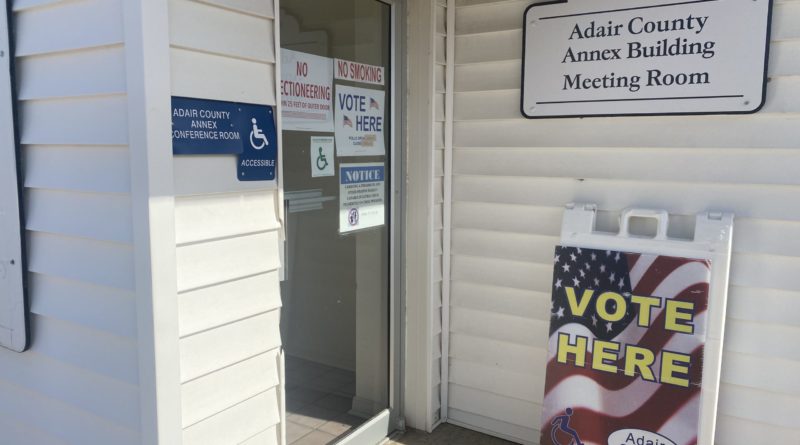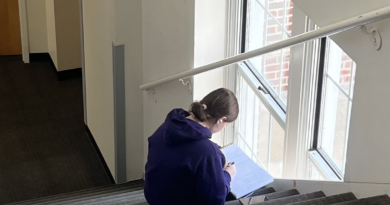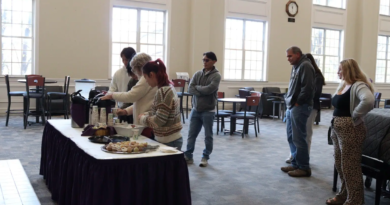Amendment 2 would legalize sports betting with potential funds for education
As Missouri voters prepare for the upcoming November election, the appearance of Amendment Two— which would legalize sports betting — on the ballot has sparked debate over its potential impacts and deceptive arguments from supporters. One of the key components of this amendment is that it would allocate 10% of revenue earned from sports betting to state programs, including education. However, there are concerns regarding whether these estimates are accurate and if the funds will actually provide significant impacts on education. Ben Croat, vice president of College Democrats at Truman State University, is wary of the benefits of Amendment Two.
“Sports betting companies are advertising this as a big win for public schools, but it’s a major deception,” Croat said.
He points to concerns raised by both Republicans and Democrats about how much revenue from sports betting will actually go to education. According to Croat, Missouri’s Secretary of State suggested that funds may range from zero to $28 million annually, but there’s no guarantee schools will see the higher end of this range.
Sara Klamm, a communication major, contributes to a blog that researches ballot issues. She noted that much of the media and political campaigns supporting the amendment have focused on the education funding aspect.
“A lot of the ads I’ve seen highlight the fact that 10% of revenue from sports betting will go toward education,” Klamm said. “But critics argue that these estimates might be overstated, and there’s skepticism about how much of that will actually reach education.”
Croat also argued that the structure of the amendment allows gambling companies to deduct expenses from taxable income, significantly reducing the funds that would be allocated to public use.
Citing Kansas as an example, Croat explained that after the state legalized sports betting, the industry generated about $3 billion in revenue, but only $10 million — or about 0.5% — actually went to public education. He warned that Missouri could face a similar outcome if Amendment Two is passed.
Despite his concerns, Croat supports the general legalization of sports betting, stressing that people should have the freedom to spend their money as they choose. However, he advocates for more ethical regulations that ensure the state — and, particularly, its schools — obtain the promised benefits.
Beyond education, the amendment includes provisions to address gambling addiction. A portion of the revenue will go toward the Compulsive Gambling Prevention fund. Klamm mentioned that while the provision is helpful, it remains a gray area in the discussion.
“It’s one of those political issues where both sides have valid concerns,” Klamm said. “But, ultimately, the debate is centered around whether these estimates and promises will hold up.”
Croat believes the amendment is unlikely to significantly impact Truman’s athletic programs. However, he raised ethical concerns about student-athletes potentially betting on their own games. Croat urged Missouri voters to educate themselves on Amendment Two before casting their ballots.




